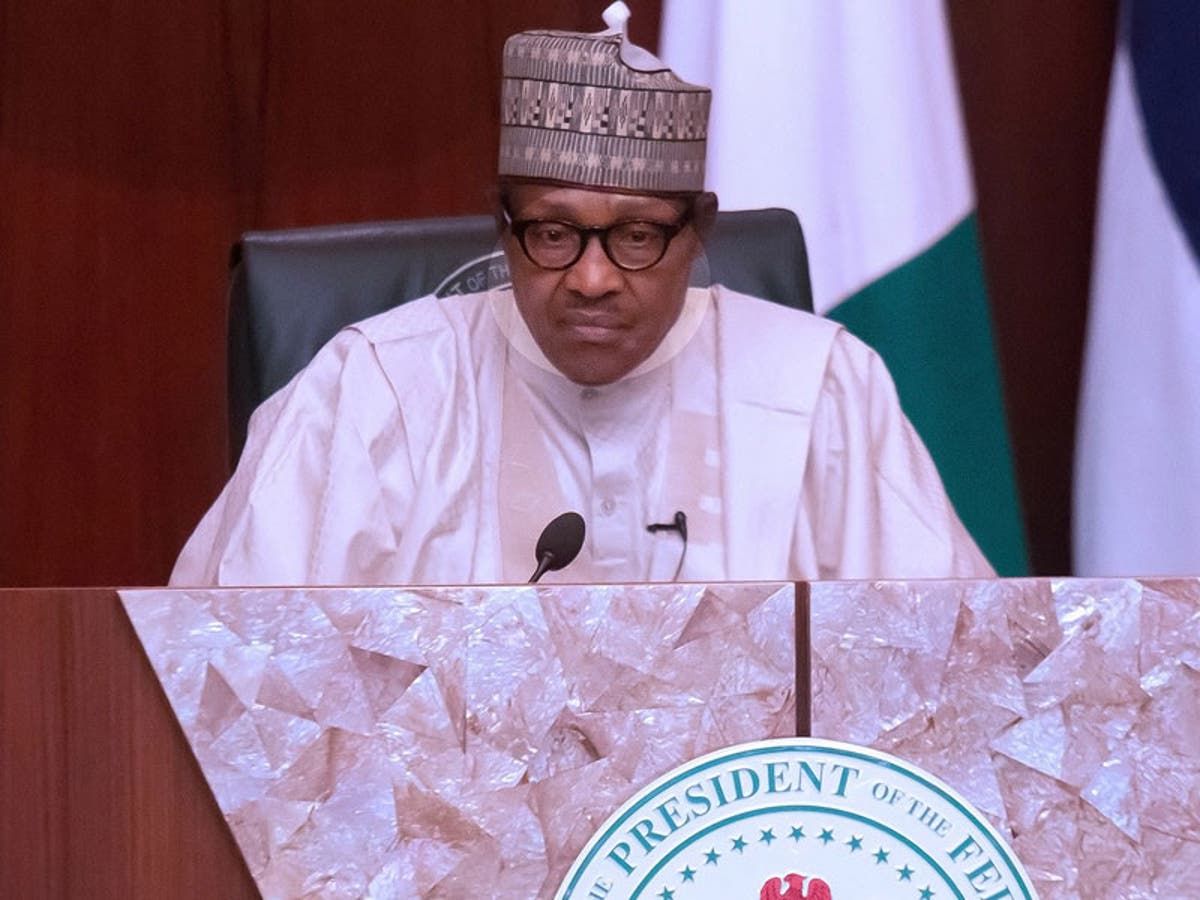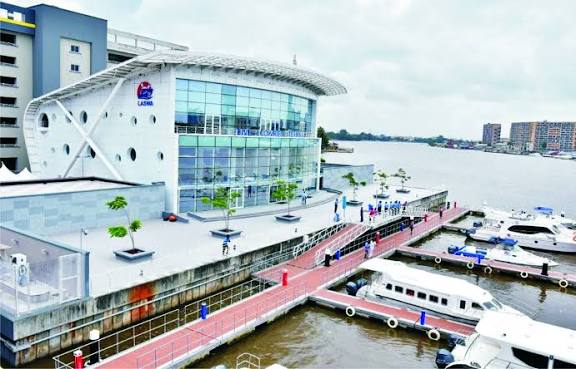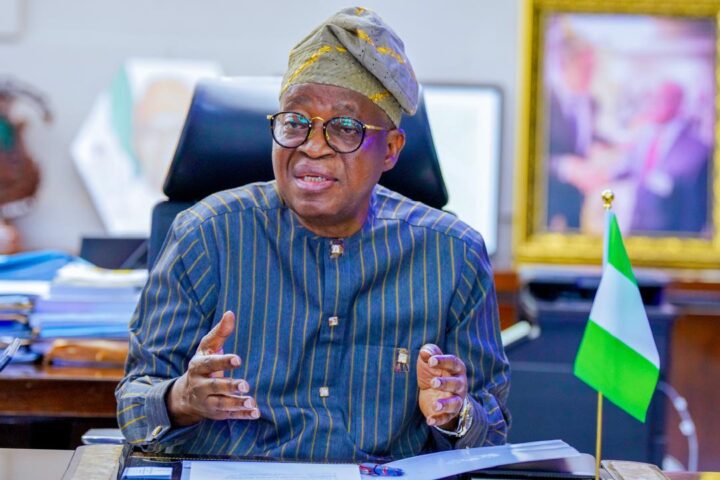
President Muhammadu Buhari has that said a new basic chemicals platform worth $1.3b that will produce ammonia and fertilizers in Nigeria will be ready for commissioning soon.
The new plant,he said, will be built in partnership with the Kingdom of Morocco.
He disclosed while speaking at an audience with Fertilizer Producers and Suppliers Association of Nigeria, FEPSAN,according to a statement issued by his Special Adviser on Media and Publicity, Chief Femi Adesina in Abuja .
‘‘His Majesty, the King of Morocco and I, have agreed to extend the current Phosphate supply agreement between the Kingdom of Morocco and Nigeria.
‘‘We both believe that to consolidate and expand on the successes recorded thus far, we must secure raw material supplies to our blenders.
‘‘Furthermore, to improve the balance of trade between Nigeria and Morocco, the two countries have signed an agreement to develop a $1.3 billion Basic Chemicals Platform in Nigeria that will produce Ammonia, Phosphoric Acid, Sulphuric Acid and various Nitrogen, Phosphorus and Potassium (NPK) and Diammonium Phosphate (DAP) fertilisers using Nigeria’s gas reserves.”
He added that the new plant when completed would complement the existing Dangote and Indorama Chemicals facilities which produce urea, ammonia and other industrial raw materials.
‘‘When we combine these projects with the existing 44 blending plants, Nigeria will indeed become a regional and global fertiliser power house,’’ he said.
In his remarks, Mr Thomas Etuh, FEPSAN told the President that from three blending plants operating at 40 per cent capacity in 2016, today Nigeria has 44 blending plants most of which are operating at full capacity.


















